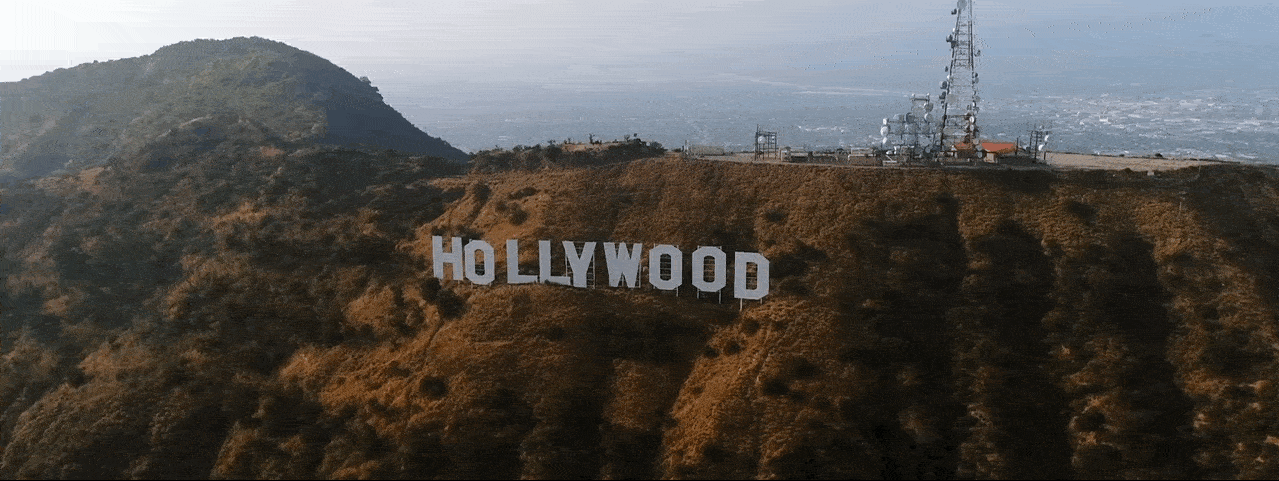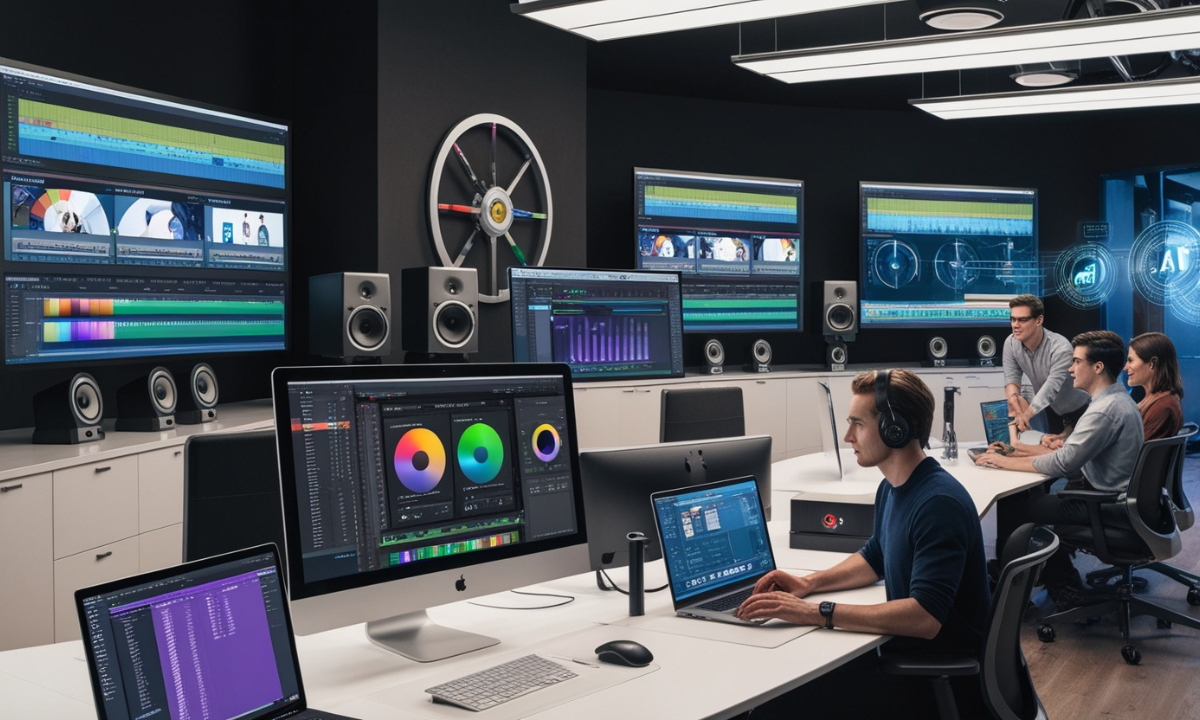The Intersection of Politics and Popcorn
How Political Events Are Affecting Film Releases Worldwide. The film industry has always been closely tied to the political climate of its time, but in recent years, the relationship between politics and movie releases has become even more pronounced. Around the world, political developments—from regulatory changes to international tensions—are directly influencing how, when, and where films are released. Whether it’s a sudden ban, censorship, or strategic scheduling based on elections or global events, the political environment has grown into a major external factor for studios, filmmakers, and audiences alike. Political sensitivities, government policies, and sociocultural movements now regularly affect not just the content of films, but also their accessibility to international viewers.
Censorship and National Policies on the Rise
Censorship is one of the most visible ways political influence shapes film releases. In countries like China, India, Iran, and Russia, films often undergo strict scrutiny by national film boards that decide what is permissible to show. These regulations are frequently updated to reflect the political mood of the nation, meaning that a film approved one year may be banned the next due to a shift in leadership or ideology. For instance, China has rejected several Hollywood blockbusters over concerns about their portrayal of Chinese characters or values. Likewise, in India, films that touch on religious or political themes can be stalled or pulled from release entirely if deemed too controversial. This censorship doesn’t just affect local filmmakers—it forces global studios to either edit content to comply or risk being shut out of major markets.
Global Conflicts Disrupt Distribution Chains
Geopolitical conflicts have an undeniable effect on the film industry’s logistics and planning. Wars, sanctions, or diplomatic breakdowns can completely upend release schedules or cancel launches altogether. A prime example of this was the Russia-Ukraine conflict, where major film companies including Disney, Warner Bros., and Sony suspended film releases in Russia. This move wasn’t just political—it had business implications, cutting off a major revenue stream in protest of national aggression. In other regions experiencing political unrest, such as the Middle East or parts of Africa, film releases are often delayed or limited due to safety concerns, power outages, or economic instability. These disruptions are not just inconvenient—they can alter box office outcomes and long-term audience engagement.
Political Movements and Cultural Sensitivities
Politics also influence film releases through societal movements that spark widespread conversation or backlash. The rise of social justice movements such as Black Lives Matter, MeToo, and climate activism has prompted many filmmakers to reevaluate the messages within their content. Studios are now more cautious, sometimes delaying or re-editing movies that may seem tone-deaf or insensitive in a changing world. Additionally, countries facing civil unrest or undergoing political reform often use cinema as a tool for social commentary. However, this approach can also invite governmental pushback, causing delays or outright bans. Filmmakers walk a fine line between sparking meaningful conversations and avoiding political retaliation, especially in authoritarian regimes.
Film Festivals and Awards Get Political
Even the global film circuit is not immune to politics. Film festivals like Cannes, Berlinale, and Venice have historically been spaces for cultural exchange, but they too are impacted by global affairs. Political decisions can influence which countries are invited, which films are allowed to screen, and which directors get visas. For example, films that are critical of a nation’s government may face challenges in being entered into international competition. Awards shows have also seen political influence, with some nominations and wins seen as political statements themselves—such as the international attention given to Ukrainian or Iranian films during times of crisis in their home countries. This politicization of awards adds another layer of complexity for filmmakers navigating the global scene.
Streaming: A New Battleground for Political Control
Streaming services like Netflix, Disney+, and Amazon Prime have changed the rules of distribution, but they aren’t immune to political influence. Countries like India, Turkey, and Saudi Arabia have demanded the removal of specific content from global streaming platforms for violating local laws or political values. Netflix, for example, faced criticism for pulling certain episodes or scenes in countries under government pressure. At the same time, some governments are tightening rules around digital content to ensure streaming platforms comply with national broadcasting regulations. As streaming becomes the dominant mode of film consumption, it is increasingly seen as a battleground between cultural expression and political control.
The Future of Film in a Politically Charged World
As political events continue to shape our world, the film industry must remain adaptive and resilient. Filmmakers are finding creative ways to bypass censorship, such as releasing films exclusively online or using international funding to escape local constraints. Political themes are also being addressed more subtly in scripts to avoid triggering bans while still sparking dialogue. Moreover, audiences are becoming more aware of the politics behind the content they consume, which may influence future demand for more authentic and fearless storytelling. In an era where entertainment and politics are deeply intertwined, the global film community is learning how to balance artistry, advocacy, and accessibility. The way forward will demand innovation, cultural sensitivity, and bold vision to ensure that the power of cinema continues to thrive—even amidst political storm clouds.






























